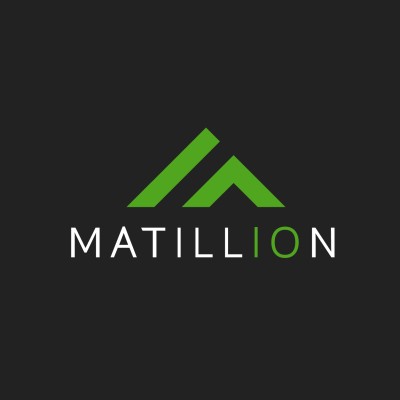
Senior Software Engineer, Security
Complexio
Posted: 81 days agoAWSAzureCloudDockerGraphQLKubernetesNeo4jNoSQLPostgres+3 more

IT Infrastructure and Security Engineer
Bulk™
Posted: 1 day agoAzureCloudCyber SecurityJamf

Director, Health, Safety, Security & Environment
Jones Lang LaSalle Americas, Inc.
Posted: 2 days ago
Senior Operational Technology Security Consultant
Amentum
Posted: 3 days agoCyber SecurityFirewalls

Security Officer
Babcock International Group
Posted: 4 days ago
Cloud Security Engineer
Matillion
Posted: 9 days agoAWSCloudPythonTerraform
Select a job to see details.